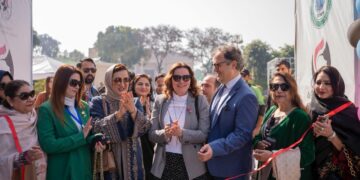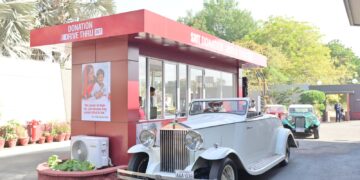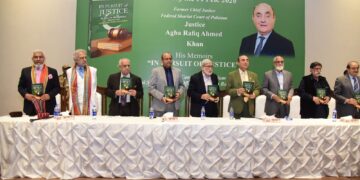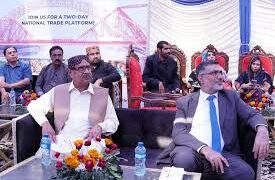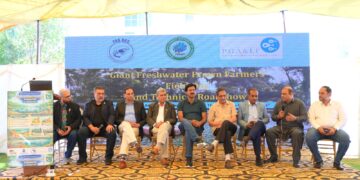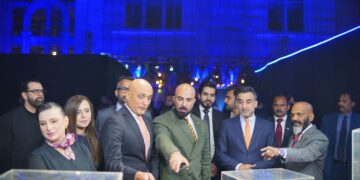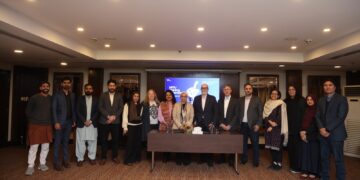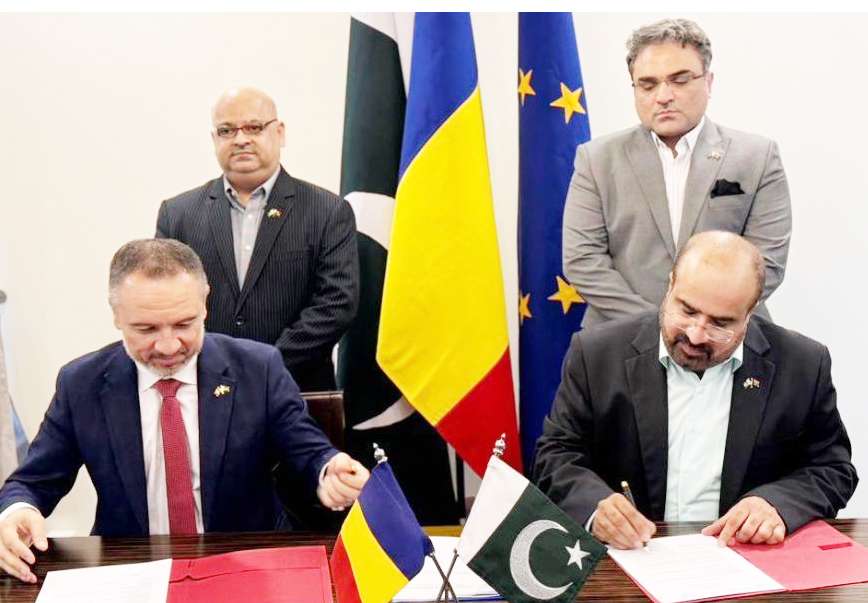Karachi: The Sixth International Karachi Conference is being organized by the Karachi Conference Foundation with the support of the Institute of Business Administration, (IBA) Karachi from November 9-11 at the JS Auditorium, IBA City Campus. The conference is free and open for the public.
The annual conference aims to provide a platform for generating discourse, presenting research, and holding public events on Karachi?related issues by partnering with relevant scholars, activists and institutions. While many scholars, activists, community organizers, artists, and formal and informal lobbies have dedicated themselves to recording and studying the various aspects of Karachi’s historical, socio-political, economic and cultural life, their work needs to be shared collectively at a common public forum.
Karachi, with a population of over 20 million, and growing, is the largest city in Pakistan and one of the largest megalopolises in the world. Karachi has always attracted a diverse population and is one of the most demographically heterogeneous cities in the world today. The city has been defined by a continuous inflow of migrants: in colonial times, Gujarati speakers, Goans, Kutchhis, Memons, Bohras, Balochis and various Hindu groups migrated to Karachi to establish trade and commerce and to acquire jobs in the rapidly expanding and affluent port city. Before the creation of Pakistan, Karachi had the fourth largest Zoroastrian population in South Asia. Historic buildings and parks associated with the struggle against colonialism and Pakistan’s post-independence history are also located in this city. After Partition, Urdu, Pushto, Hindko, Shina, Balti, Brushaski and Saraiki speakers, among others, were added to the original Sindhi, Gujarati and Balochi speaking populations of the city.
What emerges from the various proceedings of five years of the Karachi Conference is a complex mosaic depicting a city that is multicultural and vibrant, yet afflicted with numerous problems, ranging from poor planning to colossal mismanagement. By spotlighting different studies on Karachi’s marginalized communities, neglected areas, issues of planning and development, citizenship and governance, and the history and anthropology of Karachi, the Karachi Conference aims to explore how different types of research on the city can shed light on each other.
As in previous years, the Sixth Karachi Conference will start with a Film Festival on Friday, November 9, 2018, showcasing the best of student and independent short films on diverse aspects of Karachi. Presentations will take place on November 10 – 11, 2018 from 10:00 am to 6:00 pm. This year, important topics of discussion at the Karachi Conference include traffic and densification, water and sanitation, public health, governance, education and a cultural history of the city through music. The session on music will be followed by a musical performance on November 11 at 6:00 pm. Acclaimed author, political activist, and teacher, Rochi Ram will be the keynote speaker on November 10, 2018 at 10:00 am.







